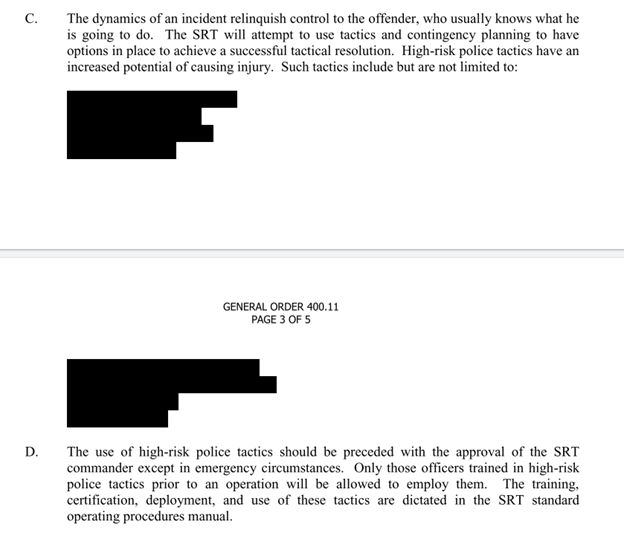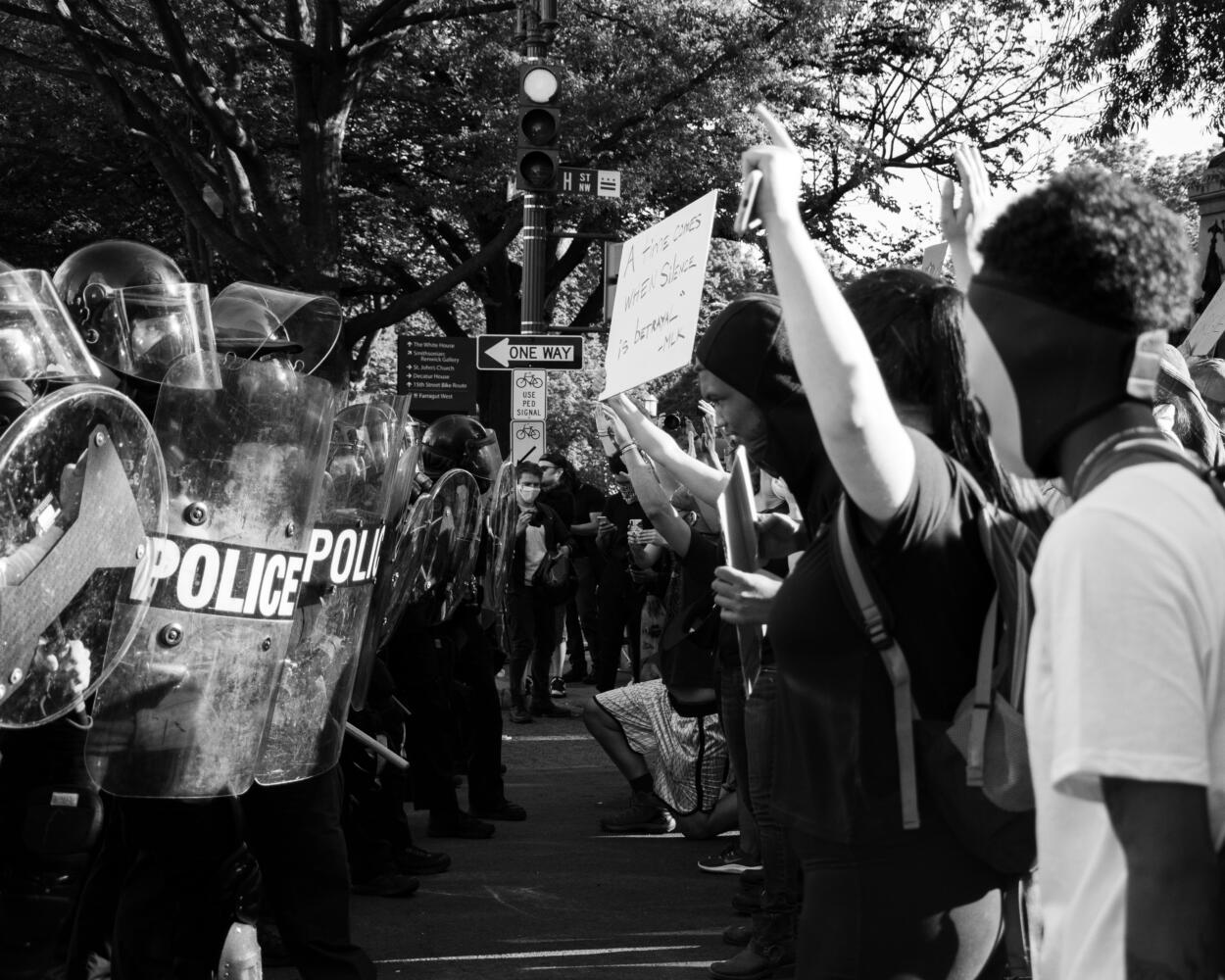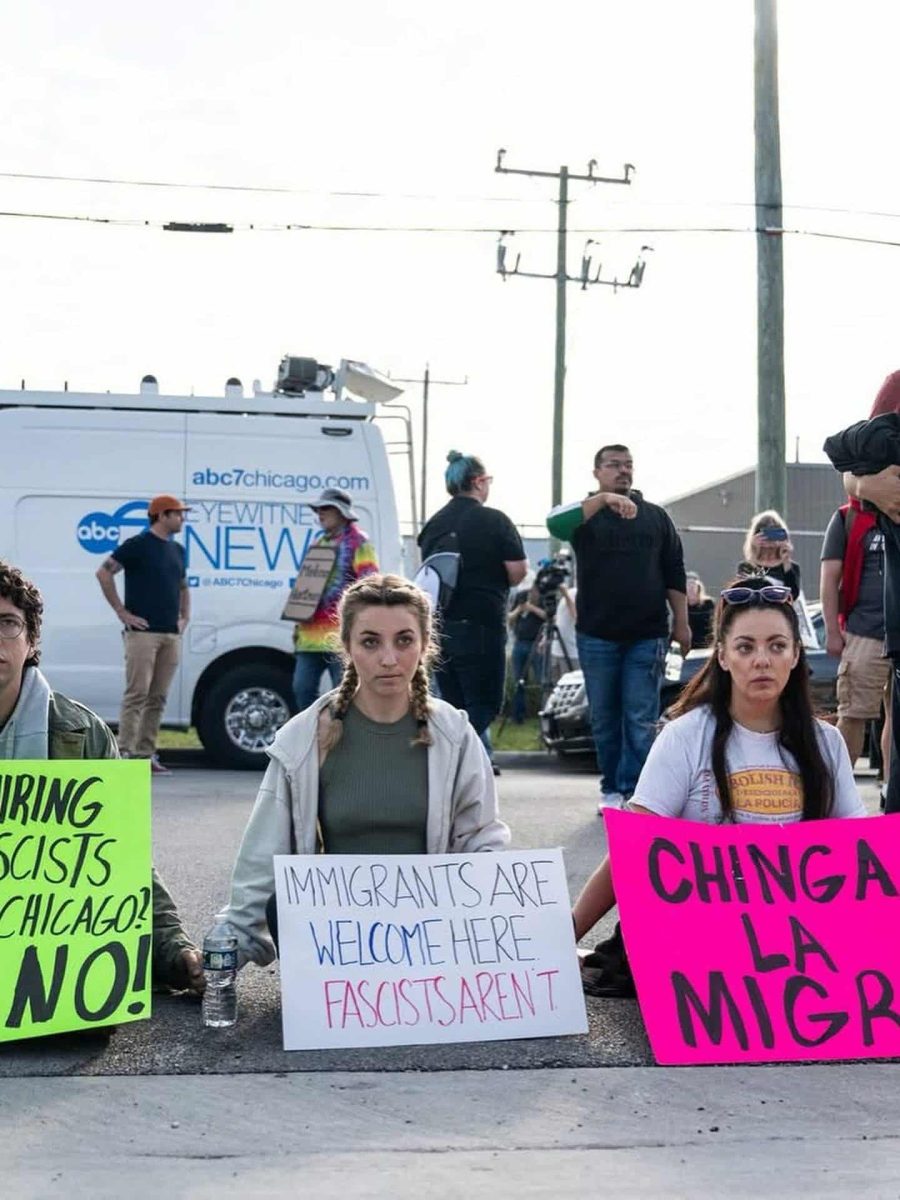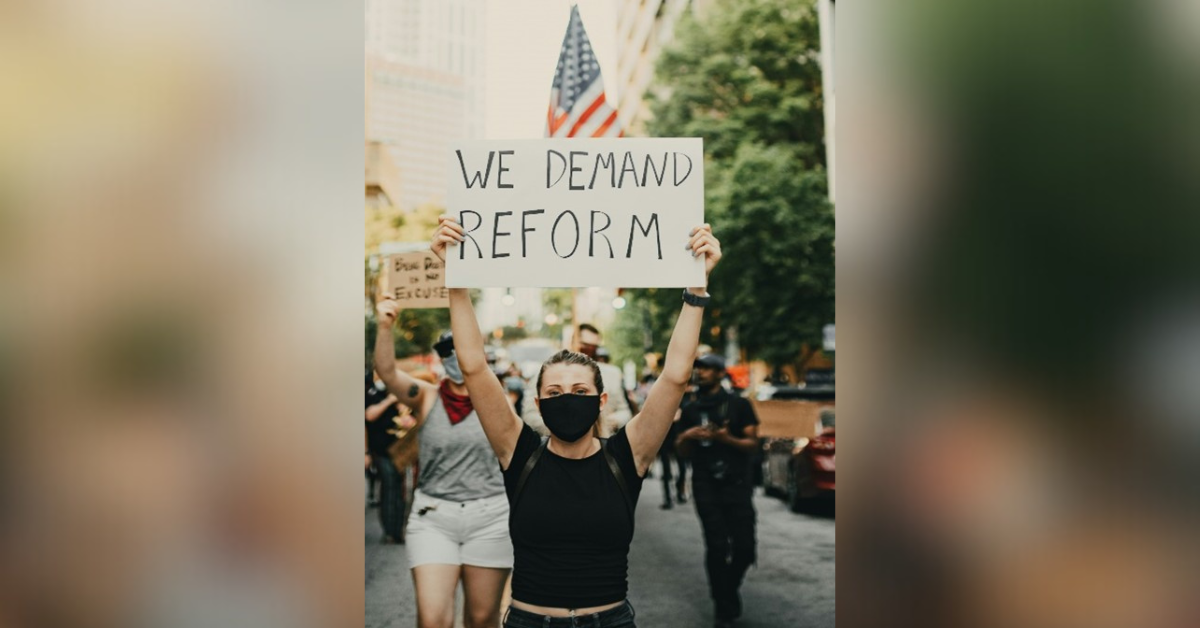Less than twenty-four hours following the released body camera footage of Tyre Nichols’ death at the hands of officers employed by the Memphis Police Department, a specialized police operation team involved was deactivated. SCORPION – Street Crimes Operation to Restore Peace in Our Neighborhoods – was launched with the intent of being an anti-violence unit. The primary aim of the unit was to reduce violence – yet, Nichols’ death proves that such operations can turn deadly, especially when intended targets were not the aggressors.
While racial injustice by police officers has been a topic of prominence in recent years, police brutality was projected into the spotlight nationally on Saturday, Jan. 27. Police brutality is nothing new – the recorded beating of Rodney King in 1991 sparked protests following the officers’ acquittal, leading to an examination of LAPD’s operations, though few changes were made. In Nichol’s death, thus far, six officers have been dismissed while two deputies and an additional two firefighters have been “relieved of duty.” That makes 10 people who actively partook in harming or neglecting medical care for an individual which they used excessive force against.
Concerns among social organizations across the United States focus on how varied police operations are due to factors such as the population size of which departments serve and what resources the departments have on hand. Terms such as “excessive force,” “approved use of force,” “authorized to use special weapons,” and “in accordance with established Department policy and procedure” are all familiar as police organizational strategies are reviewed. It is concerning how difficult it is for community members to know what tactics police departments have approved for use against people it deems “dangerous” or “high-risk.”

While researching, an option to file for a FOIA – Freedom of Information Act – so that knowledge of police department policies could be reviewed is available. However, it can take weeks or months to obtain such documentation. Perhaps more concerningly, while police operation policies were found for a central Illinois police agency, tactics approved for use by officers were noted to have been redacted. Such is common when organizations use FOIA to obtain information regarding police-involved incidents. Departments rationalize redaction by claiming it’s to prevent those who seek information to cause harm. But is it justifiable? Is it fair that the communities in which officers are employed, with the stated purpose to serve and protect, cannot know what policies are approved for officials to make use of and employ against them? Lastly, where should the line be drawn regarding what force police officers can make use of against community members deemed to be threatening? Time may tell, though hopefully, less blood will be spilled as solutions are discussed.

















